NoHMATA ‘Meanings’ Personifications and Allegories from Antiquity to Today
How are Jealousy, Envy, Evil, Slander, human passions and emotions personified? And what about Eros (Love), Pothos (Longing), Himeros (Desire), Hypnos (Sleep), Dream and Death?
How about heavenly bodies (stars and planets), continents, islands, mountains and rivers? But also institutions, cities, fairness and unfairness, Justice and Injustice? Personified concepts and meanings with human or animal form and allegorical stories, all placed together and becoming visible in the new exhibition titled NoHMATA ‘Meanings’. Personifications and Allegories from Antiquity to Today, at the Acropolis Museum, starting December 4th 2023 until April 14th 2024.
This exhibition forms a unique Tetralogy, where the greek word NoΗΜΑ (meaning) becomes a NΗMA (thread), and includes various artworks – statues, reliefs and vases, coins, jewellery and icons, paintings, uniting for the first time Antiquity with Byzantium, with Renaissance and Modern Art.
A mix of artworks in marble, clay, metal, canvas and colour, most of which are travelling for the first time and come together to delight and inspire, to puzzle and to make you think. Among the artworks that will be presented is the painting of Rubens from the Museo del Prado showing Cronos, the personification of Time, devouring his children, the personified Painting of Bourdon from a private Collection in Rome, the bronze statuette of Hypnos from the Kunsthistorisches Museum in Vienna, the famous Nike Sandalbinder from the Acropolis Museum, a vase by the Meidias Painter from the British Museum, the mosaics of Sea and Ocean from the Archaeological Museum of Thessaloniki, the Allegory of Divine Ascension from the Byzantine & Christian Museum of Athens, the sculpture of Eros and Psyche from the Musei Capitolini in Rome, the Seasons from the National Archaeological Museum, alongside the Seasons of Yannis Tsarouchis from a private Athenian Collection, the Allegory of Slander by Botticelli and his botega, etc.
Time, Nature, Deities, Man, Institutions and Allegories, are uniquely interwoven in the exhibition sections, leading to the final part of the exhibition with the bronze Chimera from 400 B.C., from the Archaeological Museum of Florence. An exhibition, a Chimera, like all things human!
Curation: Professor Nikolaos Chr. Stampolidis and his associates at the Acropolis Museum.

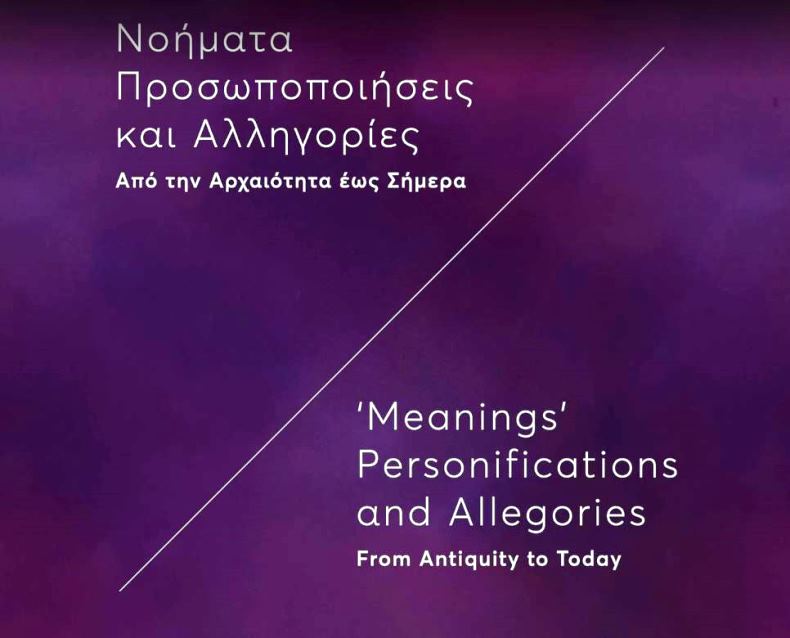
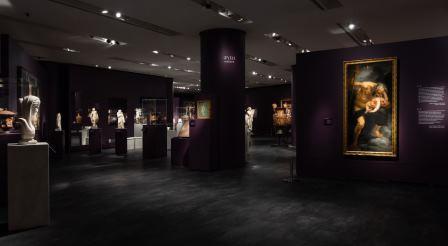
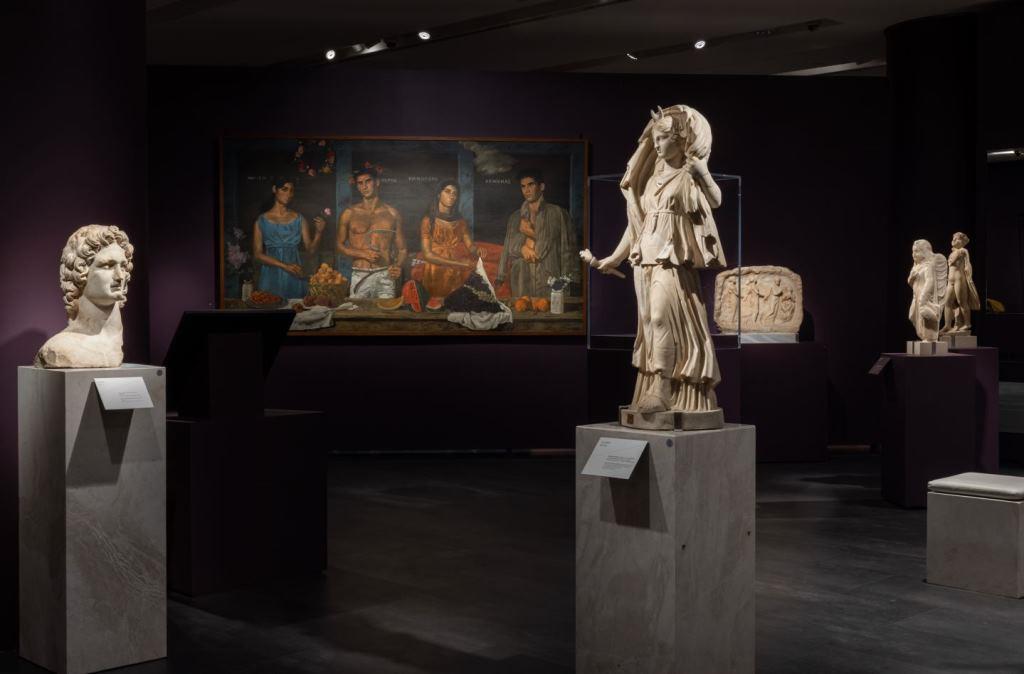
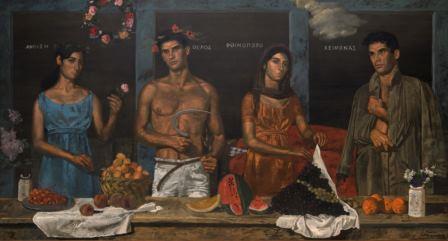
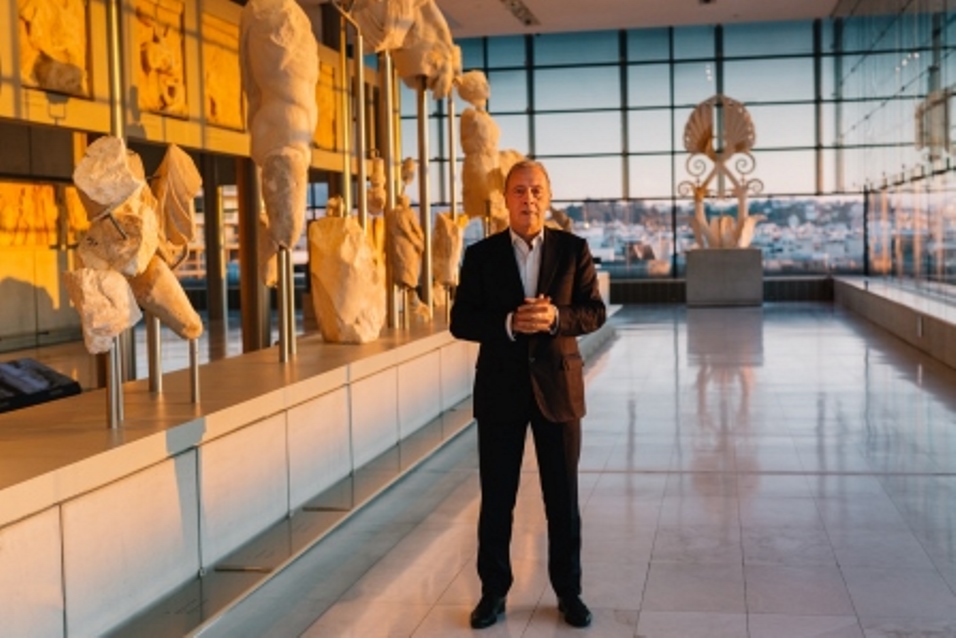

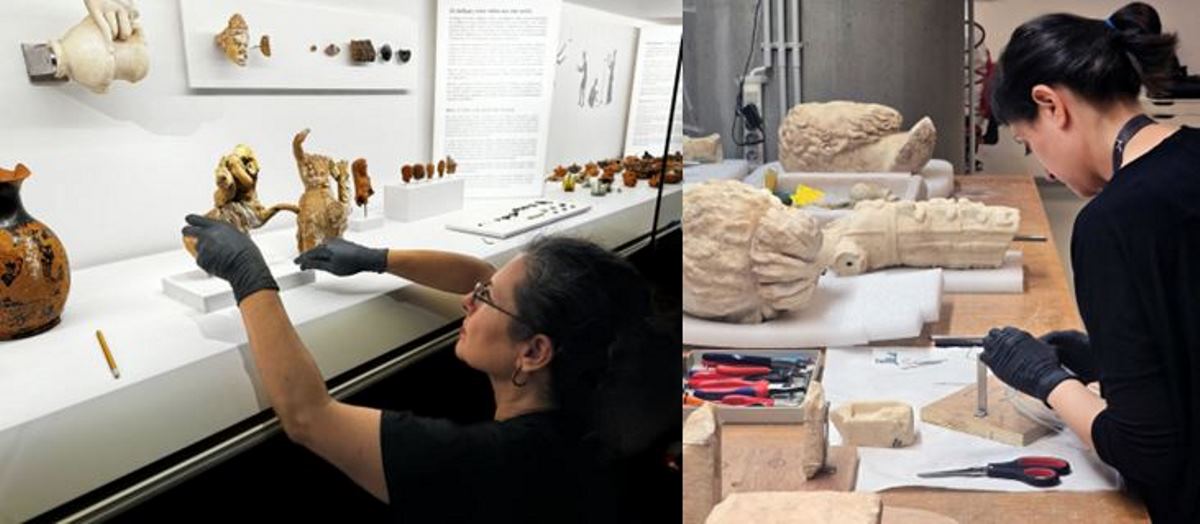
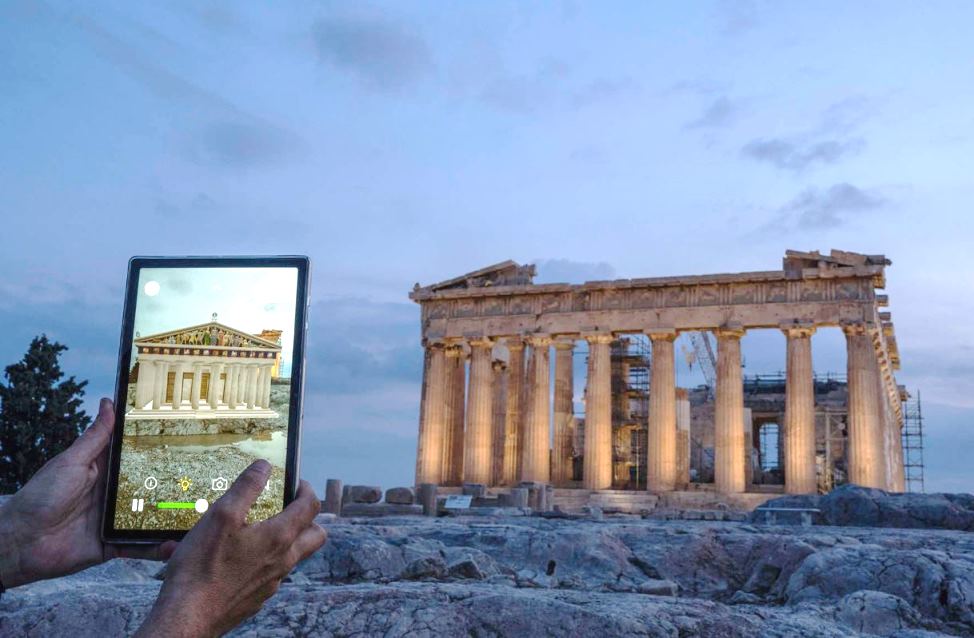
Comments powered by CComment